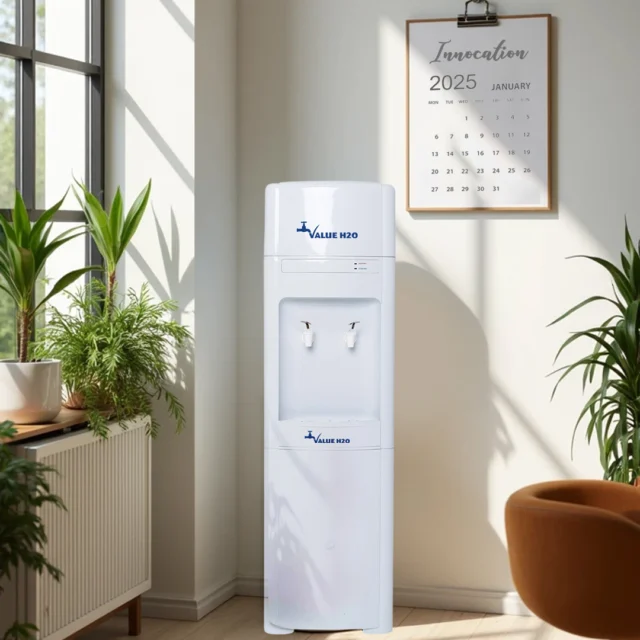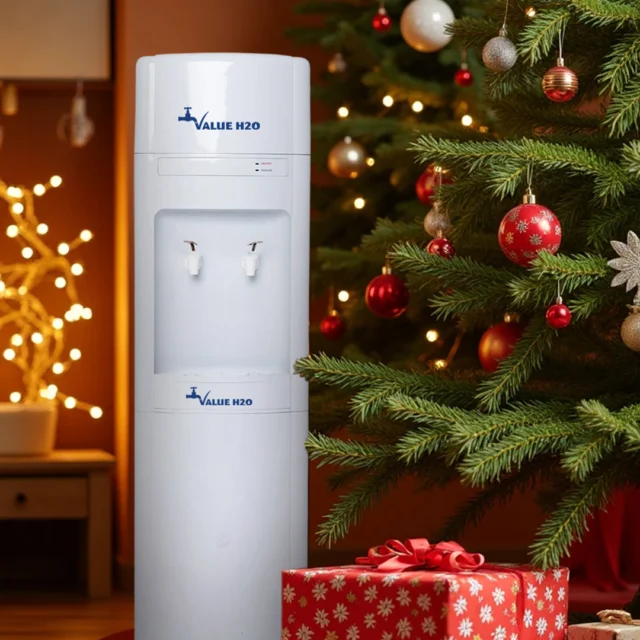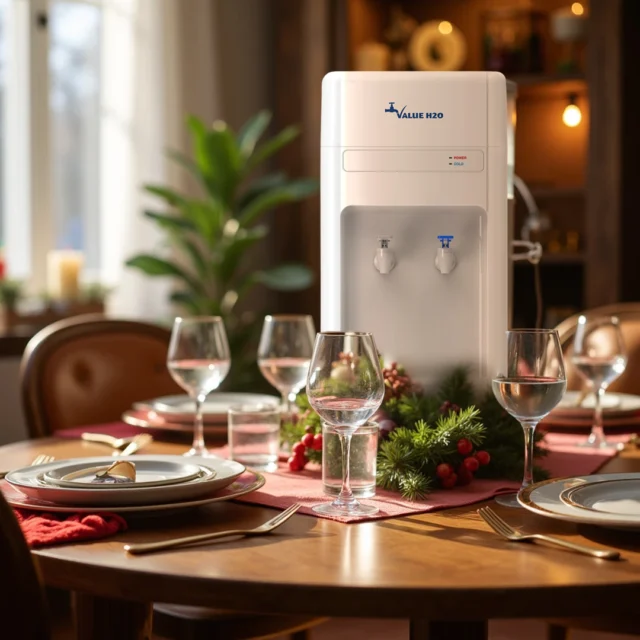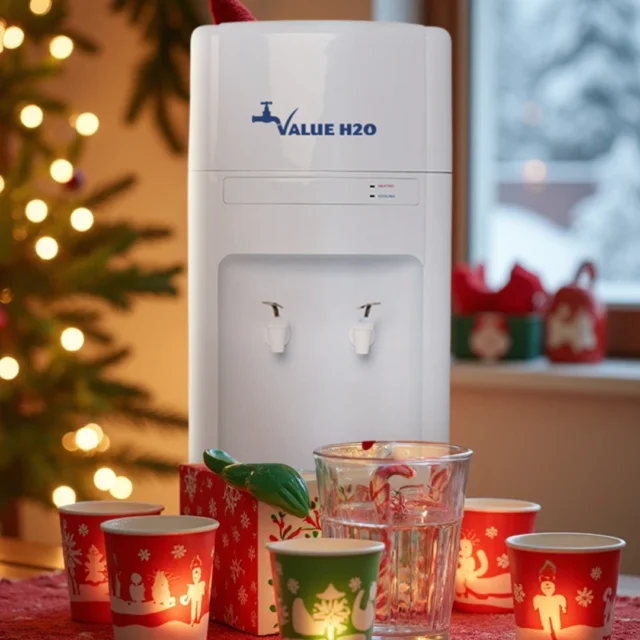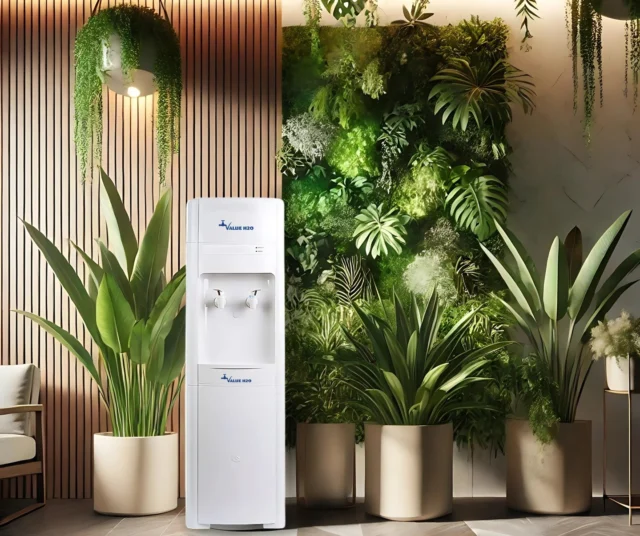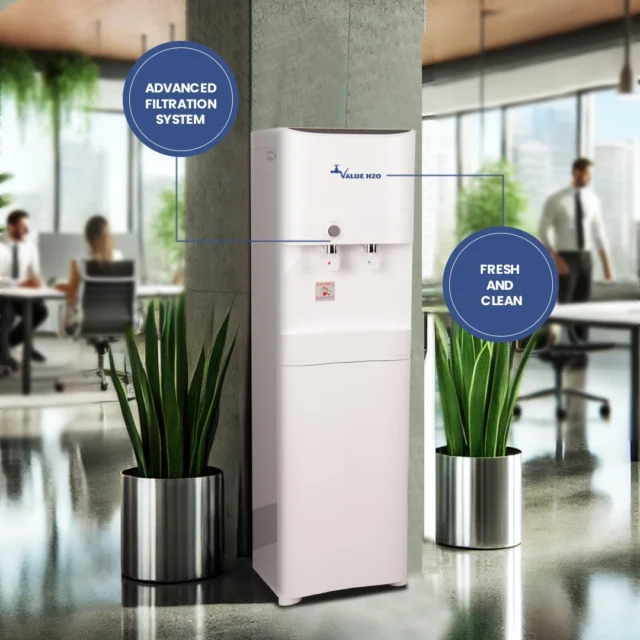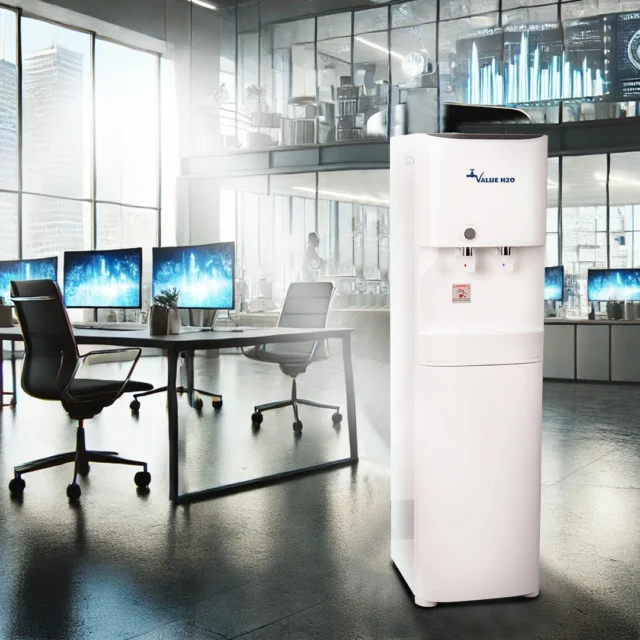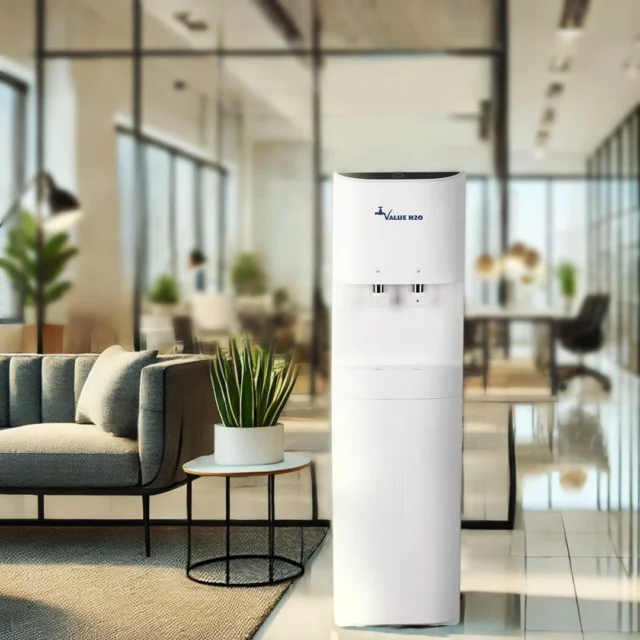There is a place in the market for disposable bottled water. In some areas where clean drinkable tap water is inaccessible, bottled water is not only widely available, it is also cheap and even recommended. However, bottled water does come with a cost and disadvantages that many of us almost never bother to consider. In this article, we try to shed some light on the different problems we face with using plastic water bottles.
The Many Dilemmas of Drinking Bottled Water
While we only see the price tag on the bottle, so much happens in the background when it comes to producing and distributing this commodity. Every day, thousands and thousands of water bottles are manufactured, shipped and disposed of across the whole world which contributes to carbon emissions everywhere. A recent study conducted by the Pacific Institute of California indicates that the energy needed to produce bottled water is 2000 times more than what is required for tap water.
Additionally, a big percentage of water bottles end up in landfill despite being recyclable. According to the Container Recycling Institute, 86% of plastic bottles in North America end up in landfills and are not sent to recycling centres. That’s almost 19 billion plastic bottles every year and each of those bottles takes 700 years to decompose.
A Danger to Both Humans and Mother Earth
Even if we set aside the amount of waste produced by the plastic bottle industry, there are other critical issues that need to be addressed. Numerous studies have shown that many common plastic bottles and containers used by the average household, leak a harmful chemical called bisphenol-A (BPA). This chemical can contaminate foods and liquids, and can have adverse effects on the brain, hormones, blood pressure, and even the development of fetuses, infants and children.
While many businesses have started using BPA-free plastic water bottles, there are other chemicals – if exposed to heat or stored for prolonged periods of time – present in plastic bottles that will eventually leak into consumable goods and have also shown to have adverse effects on a person’s health.
Despite these many concerns when it comes to the use of plastic, the water bottle industry is still as strong as ever. They have developed this idea that bottled water is superior and much better than tap water even if there’s no real study to back up their claim. It is up to us, as individuals to decide what’s best for us, our families and the environment.
